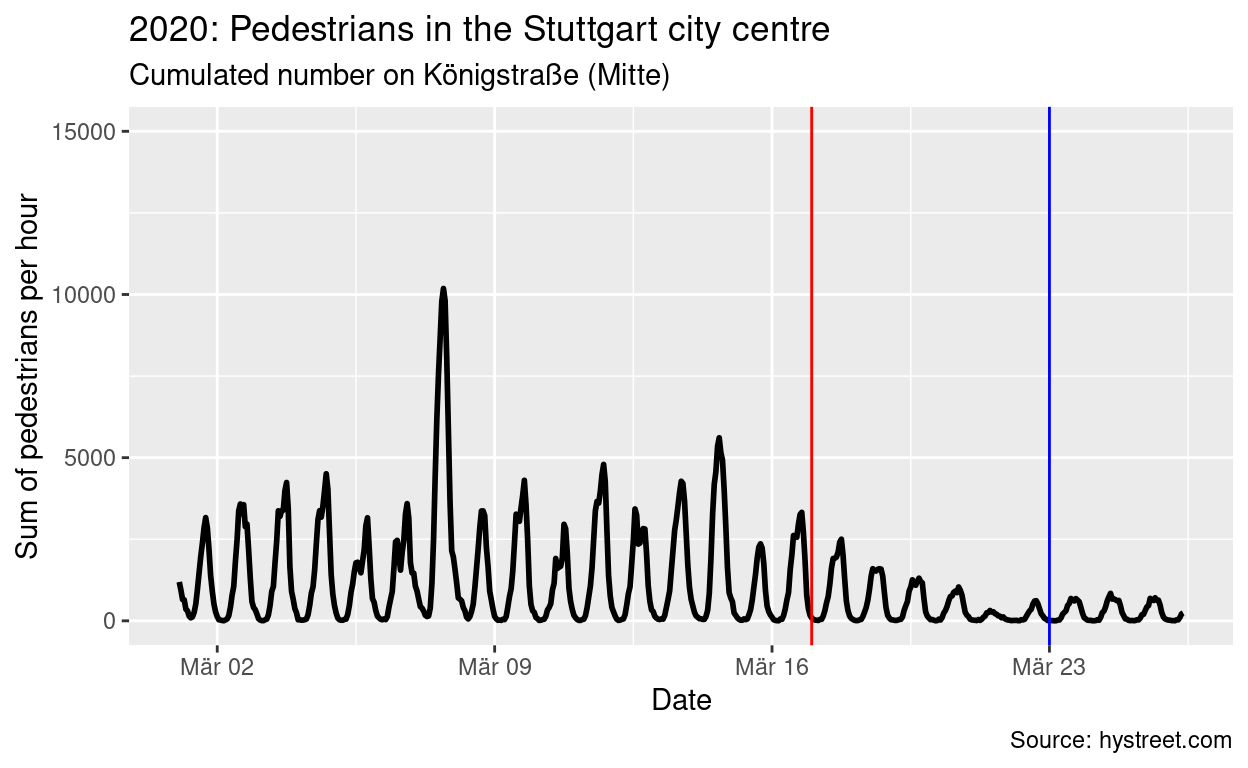Blog
An Introduction to the {restatis} Package
With CorrelAid, we have created and published a R package to easily access the API of Germany's Federal Statistical Office, called {restatis}.
Automated E-Mail Updates Of CRAN Downloads Using Raspberry Pi 4
Want to have regular updates on how your R packages are doing on CRAN when it comes to downloads? This is one way to get regular updates using a Raspberry Pi 4 via e-mail.
Gas Storage Data: Introducing the {gie} Package for R
With gas storage data gaining increased attention due to the consequences of Russia's war against Ukraine, I have written a package to access the API of Gas Infrastructure Europe (GIE).
Telling Stories with Data: Insights into Data Journalism
Telling stories with data is one of the most important things to do for almost everyone working with data analyses. Why? Because its goal is reaching the audience one wants to reach.
Automated Reporting on Lacking Rainfall in Germany
Climate change causes severe disturbances in what we used to call a more or less stable climate. Data journalists are, thus, increasingly focusing on quantifying the effects of the climate crisis. This is an example on how to do so.

Covid-19 - See German shopping streets emptying
The coronavirus is halting public live. Looking at pedestrian data shows how persistently people stay away from German city centres and give an estimate of the situation is for shops in city centres.
Scraping Spiegel articles using {newsanchor}
One convenient use of {newsanchor} is to use it to scrape the articles' content. Our package is of great help because it provides you with the corresponding URLs.
Automatically filling a SQLite database using AWS and RStudio Server
The R script used is a simple parser. To automate it, set up a SQLite database on AWS. The script parses a JSON file and writes it into the database using SQL.
Introducing the R {newsanchor} package
At CorrelAid, we developed a tool for communication scientists, journalists and data scientists alike. It conveniently helps you to access breaking news and articles from over 30,000 news sources and blogs using newsapi.org.
Voting Behaviour in the 2014 Scottish Independence Referendum
I investigated the voting behaviour of the Scottish electorate in the 2014 Scottish independence referendum. More precisely, I was the first attempting to explain voting behaviour in the referendum based on a multivariate quantitative approach.